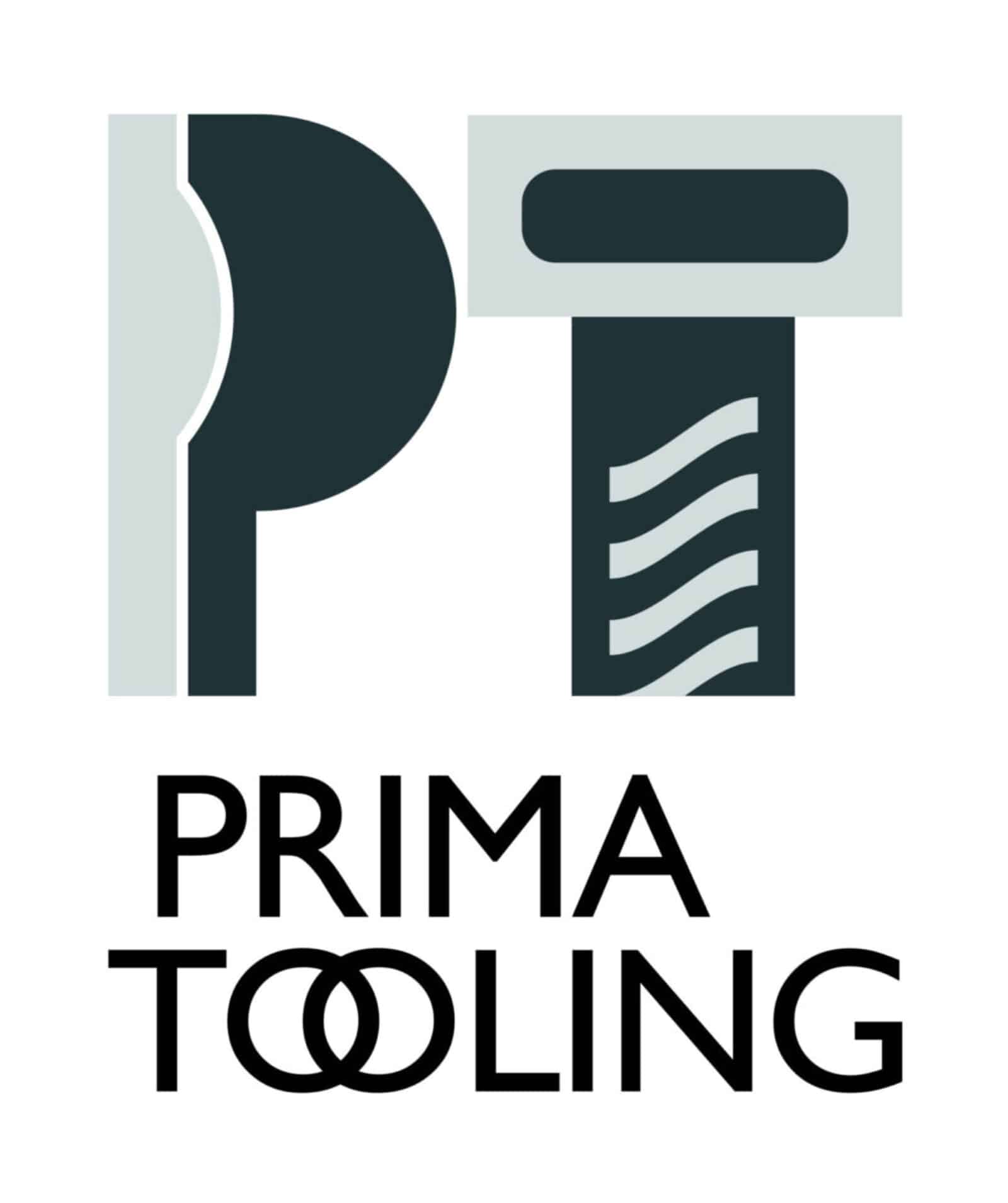Precision cutting tools are essential for various industries, including automotive, aerospace, and joinery. The quality and effectiveness of these tools have a direct impact on the precision and efficiency of the final products.
Today, we will discuss the materials commonly used to create high-quality cutting tools, such as carbide and diamond, and delve into the manufacturing processes that ensure accuracy and durability. Furthermore, we will cover the various types of cutting tools specifically designed for CNC machining and their applications in different industries. By the end of this guide, you will have a better understanding of the complexity and precision behind cutting tool manufacturing, as well as its essential role in manufacturing and machining operations worldwide. Prima Tooling is here to help you stay ahead of the curve with industry-leading cutting tool solutions and unparalleled expertise.
Materials Used in Cutting Tool Manufacturing
The choice of materials used for manufacturing precision cutting tools is a crucial factor in determining their performance and longevity. There are two widely employed materials for cutting tools: carbide and diamond. Each material offers unique properties and benefits, which we will discuss below.
- Carbide: Tungsten carbide is a popular material for cutting tools due to its incredible hardness, wear resistance, and ability to maintain a sharp cutting edge even at high temperatures. Tungsten carbide is often combined with a binder material, such as cobalt, to form what is known as a cemented carbide. Cemented carbides offer an excellent balance of strength, toughness, and hardness, making them ideal for high-speed cutting applications, such as milling, drilling, and turning.
- Diamond: Polycrystalline diamond (PCD) is another material used in the manufacture of precision cutting tools. PCD is formed by synthesising diamond particles under high pressure and temperature, resulting in a material that boasts exceptional hardness, wear resistance, and thermal conductivity. PCD cutting tools are primarily used for machining non-ferrous metals, such as aluminium, copper, and brass, as well as certain composite materials and non-metallics like graphite.
Due to their high cost, PCD cutting tools are primarily utilised in applications where extended tool life and superior surface finishes are essential.
Manufacturing Process for Precision Cutting Tools
The manufacturing process of precision cutting tools is a complex and intricate one, involving various stages to ensure the final product’s quality, accuracy, and performance. Here, we will discuss some of the common manufacturing processes employed by cutting tool manufacturers, such as Prima Tooling:
Every precision cutting tool must undergo rigorous inspection and quality control measures to ensure dimensional accuracy, surface quality, and overall performance. This process may involve the use of specialised measuring equipment, such as coordinate measuring machines (CMM), optical inspection systems, and surface profilometers. Ensuring the quality and consistency of every cutting tool produced is a top priority for cutting tool manufacturers, as this directly impacts the performance and efficiency of their customers’ machining operations.
Custom Cutting Tool Design and Manufacturing
In some cases, a standard cutting tool may not suffice for specific machining applications or material types. In such situations, custom cutting tools may be required to meet unique performance, geometry or surface finish requirements. Custom cutting tool design allows manufacturers to tailor a tool’s composition, geometry, and other factors to optimise its performance for a specific task. This level of customisation can lead to increased productivity, reduced machining time, and improved surface quality.
With expertise in various industries and an in-depth understanding of machining processes, cutting tool manufacturers like Prima Tooling can assist in the development of custom cutting tools to suit specific applications or requirements. By working closely with clients to understand their needs and desired outcomes, cutting tool manufacturers can tailor their designs and materials to optimise tool performance and longevity, ensuring clients achieve the best possible results in their machining operations.
Achieving Success with Prima Tooling
Achieving optimal machining performance and efficiency requires the right combination of materials, manufacturing processes, and customisation in cutting tool design. Prima Tooling is dedicated to producing high-quality precision cutting tools tailored to meet the unique requirements of various industries. With our extensive knowledge and experience in cutting tool manufacturing, you can rely on us to deliver precise, durable, and efficient cutting solutions to meet your machining needs.
If you are seeking to enhance your machining operations with cutting tools that truly make a difference, look no further than Prima Tooling. Contact our team today to discuss your requirements, and let us provide you with the precision drilling tools in the UK you need for success. Let’s work together towards achieving excellence in your manufacturing processes.
